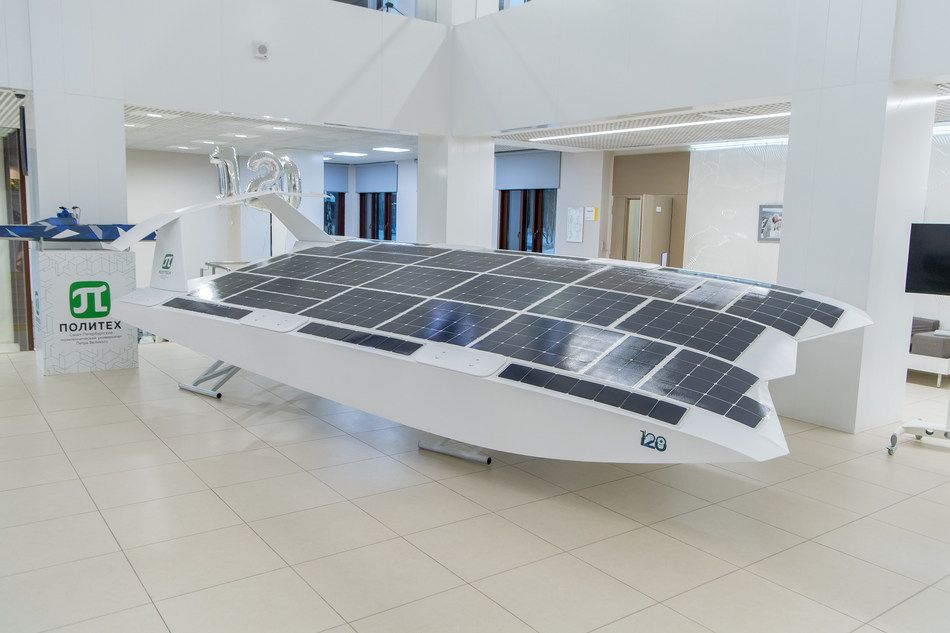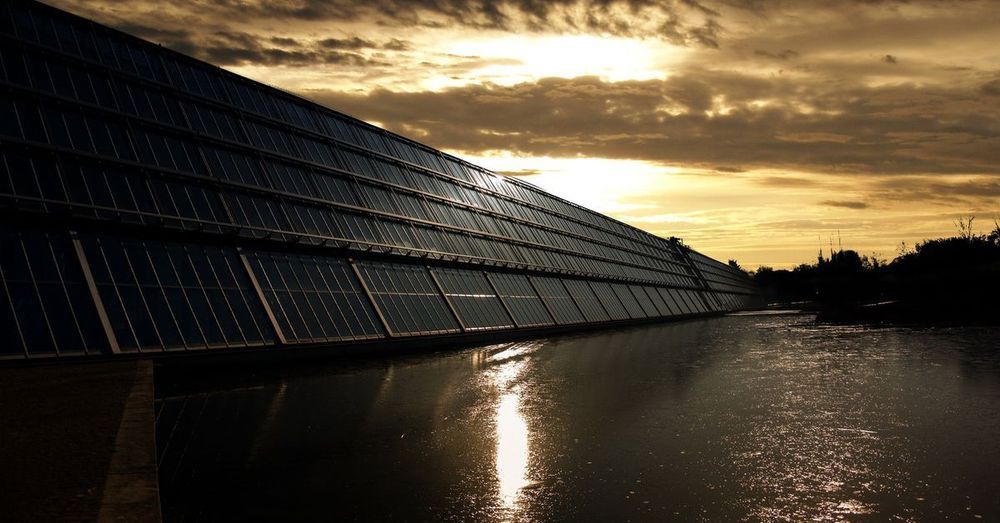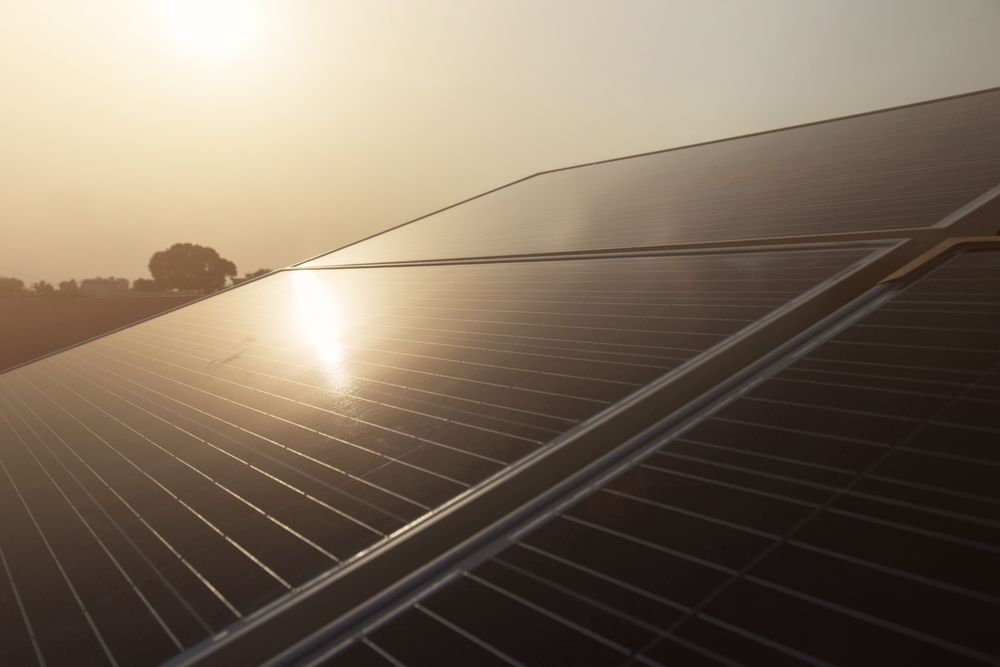Researchers at Linköping University, Sweden, are attempting to convert carbon dioxide, a greenhouse gas, to fuel using energy from sunlight. Recent results have shown that it is possible to use their technique to selectively produce methane, carbon monoxide or formic acid from carbon dioxide and water.
The study has been published in ACS Nano (“Atomic-Scale Tuning of Graphene/Cubic SiC Schottky Junction for Stable Low-Bias Photoelectrochemical Solar-to-Fuel Conversion”).
Plants convert carbon dioxide and water to oxygen and high-energy sugars, which they use as “fuel” to grow. They obtain their energy from sunlight. Jianwu Sun and his colleagues at Linköping University are attempting to imitate this reaction, known as photosynthesis, used by plants to capture carbon dioxide from air and convert it to chemical fuels, such as methane, ethanol and methanol. The method is currently at a research stage, and the long-term objective of the scientists is to convert solar energy to fuel efficiently.







